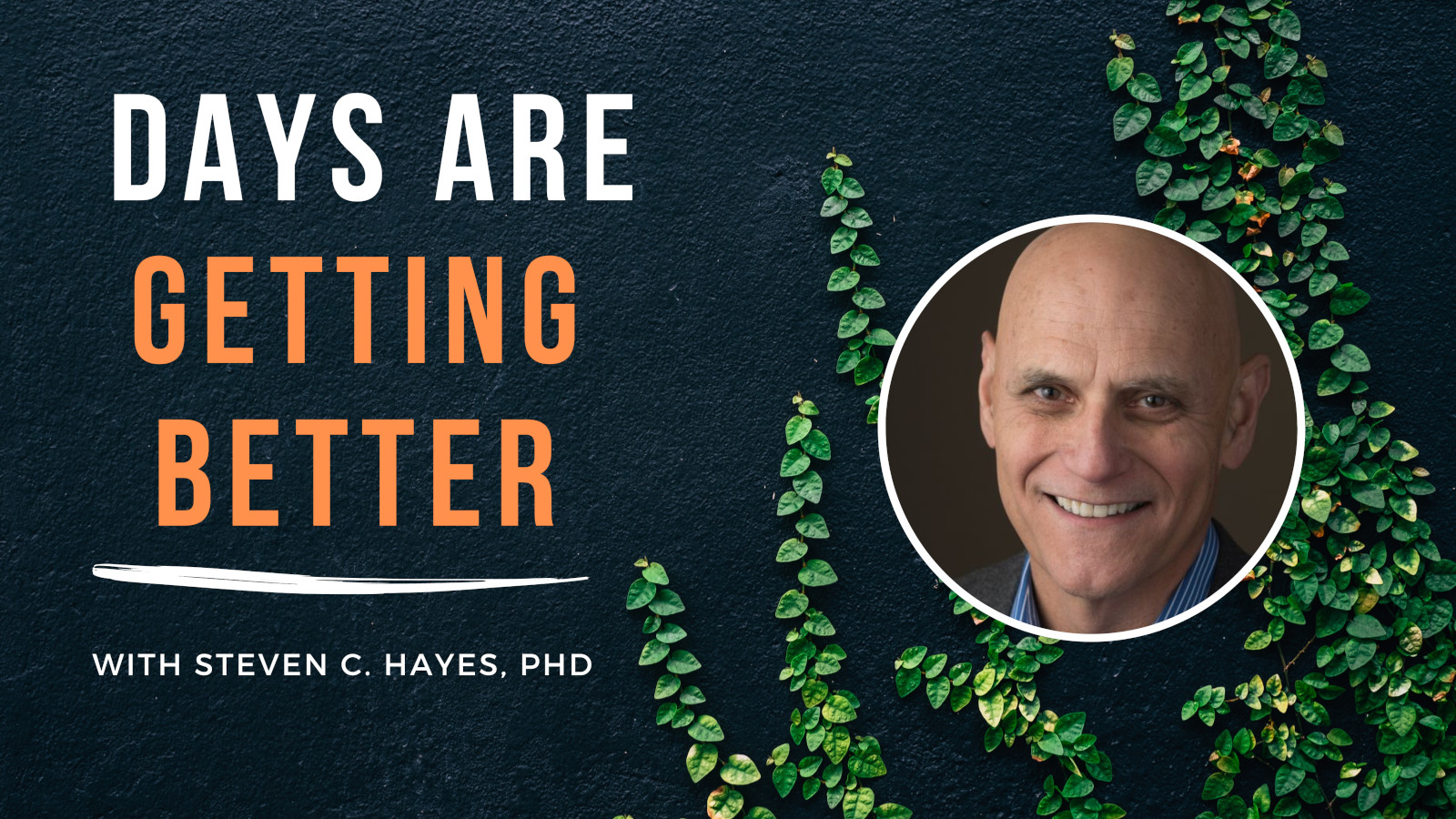Imagine you had a friend who is there for you whenever you need them. Someone who cares about you, who listens patiently, and who is kind, forgiving, and compassionate. It’s probably fair to say that we all would want a friend like this. And even more: We likely all want to be this kind of person for the people we care most about. And yet, when it comes to how we often treat ourselves, we tend to see a different picture.
Rather than listening patiently, we downplay our struggles, or answer with platitudes like “I just need to try harder”. Rather than being kind, caring, and compassionate, we often resort to judgment, blame, and even punishment. Rather than creating a safe place to find out what’s true, and then taking the time to listen carefully, we demand answers and explanations from parts of ourselves that are vulnerable, intuitive, very young, or even pre-verbal.
This is not a way to treat a friend, and it is surely not a way to treat yourself. Harsh self-criticism does not help you get better, it makes you worse. It does not help you hear what is only whispered from your history, it covers it over with mental noise.
In order to improve the relationship with yourself, you can follow a simple formula of NOTE (think of it as sending yourself a kind and loving note). This technique is especially effective when you’re currently beating yourself up, or feel stuck in self-blame. Here’s how it works:
N – Notice
When harsh thoughts show up, take notice. Catch your thinking as it unfolds in the moment, and then name it: “There is self-judgment”, or “There is the thought that I can do nothing right”. Whatever shows up, acknowledge it. You can even add “I notice” in front of your statements, and see how it changes things. The first step is to notice critical thoughts.
What Is Difficult About It:
Oftentimes, we are oblivious to our own thinking. We have become so used to the voice in our head, that we often forget we are engaging with ourselves at all. But we can not change what we do not notice, and part of what we need to notice requires more gentle attention. The skill of noticing your own thoughts and feelings is absolutely essential when it comes to your mental health. And with practice, you will get better.
O – Observe
After you have noticed a difficult thought, it’s time to observe it. What does the thought say? What feelings show up along with it? Where can you feel them, and do they change or remain constant? Become curious, and watch your own experience like a child looking with innocent curiosity at the wonders of nature. Nonjudgmentally observe whatever shows up for you.
What Is Difficult About It:
It can be difficult to observe your experience without getting caught up in it. Your thoughts and feelings may appear as an inevitable reality – like a binding contract. However, this is not true. Thoughts are just thoughts. And when you observe your experience, do it with a stance of non-judgment. Take time to feel what you at first cannot even categorize. Whatever shows up may show up. After all, this is what self-kindness is about.
T – Thank
After you have observed your own experience, say “thank you” to your mind. You can say it silently or out loud, but make sure to actually do it. I know it may seem silly, but it can be very effective, because it separates yourself from the judgment, and reinforces a positive, loving relationship with yourself. Say it like you mean it. A simple “Thank you” goes a long way.
What Is Difficult About It:
Thanking your mind can feel like thanking your personal bully. But your mind does not mean to harm you. Instead, it wants to protect you. For instance, by rejecting you first, and telling you of the dangers of the world, it aims to protect you from being rejected and being harmed by others. Your mind means well, it just doesn’t know how to step out of problem solving and judgment. When you treat even that part of you with loving kindness, you model a different way of relating, and sometimes that voice within even begins to learn the lesson you are teaching.
E – Engage
After you have taken a moment to thank your mind, engage with the world around you. There are things that matter to you – whether it’s your family, friends, health, a job, or even your pet hamster. Whatever it is, choose to act on what matters most to you. It can be something complex, like sending out a job application, or something simple (like petting your dog or sending a quick note of appreciation to a close friend).
What Is Difficult About It:
Your mind may pull you back into judgment. It may say “You don’t deserve this”, or “you cannot possibly expect this to work”. When these thoughts come up, notice and name them as well. Thank your mind for these suggestions – because this is what thoughts really are: mere suggestions – and then focus on doing something that matters to you: big or small.
Just like any other skill, learning the habit of giving yourself a NOTE will require practice. It can feel silly and awkward at first, but it will become more natural the more often you do it. Every time you notice your mind pulling you into harsh judgment, notice and name it, observe it, thank your mind, and then do something that matters. Regardless of how small, every act of kindness matters.
If you want to treat yourself as someone who is noteworthy, then treat yourself as someone who is NOTEworthy.
The World Health Organization (WHO) has published a wonderful self-help protocol that will help you learn more about why this technique is effective, as well as providing other free tools and techniques for dealing with stresses of any kind.
Be well, and consider sharing this resource with other people in need. Note that this article is part 4 of a five-part series that roughly parallels the WHO program. Click here to read part 1, here for part 2, and here for part 3.







